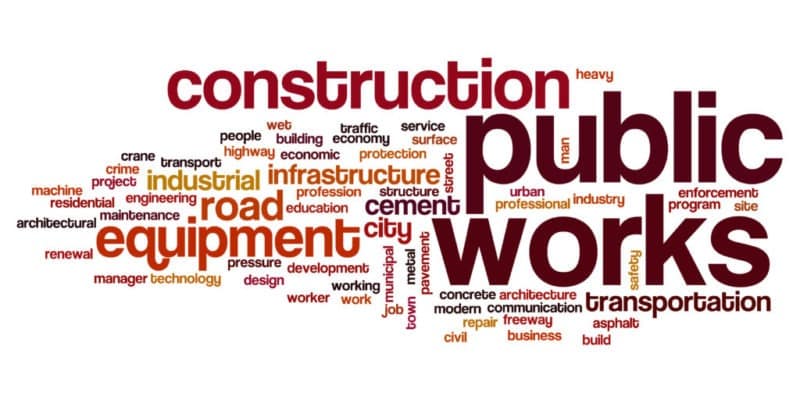Contractor would have to pay under some conditions
By: KTVZ.COM news sources
Posted: Feb 26, 2018 01:30 PM PST
Updated: Feb 26, 2018 01:33 PM PST
SALEM, Ore. – The Oregon House on Monday narrowly passed House Bill 4154B, which would provide construction workers with additional wage theft protections, under certain circumstances.
The legislation, championed by Rep. Julie Fahey (D-West Eugene, Junction City, Bethel), would require a general contractor to pay the wages or benefits owed to a worker by a delinquent subcontractor if a specific set of conditions is met, according to a news release from Oregon House Democrats.
“The goal of this bill is to protect wages for workers in the construction industry by adding accountability for general contractors in certain specific situations,” Rep. Faheysaid. “When workers aren’t paid what they have earned, it hurts workers and their families. It also hurts our local economies and reduces tax revenue.”
…
This legislation would create a new process through which the construction workers employed by subcontractors would be able to claim unpaid wages.









